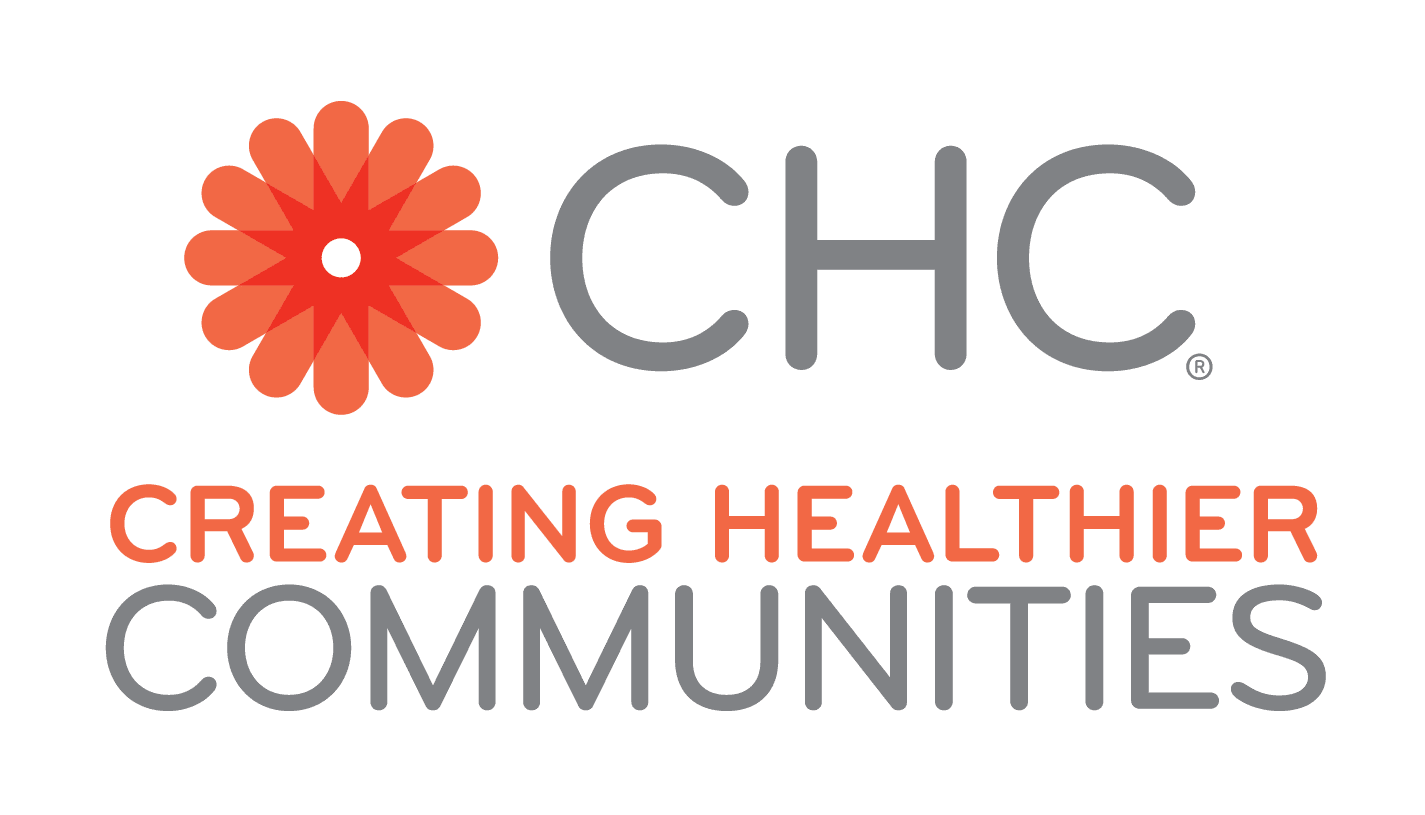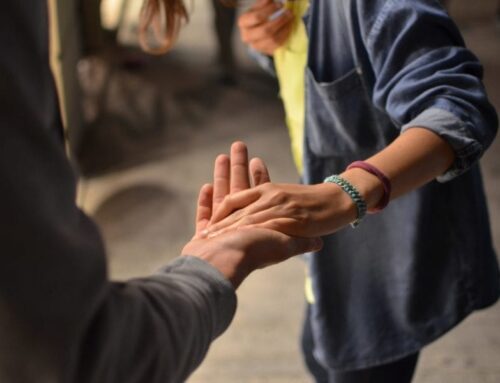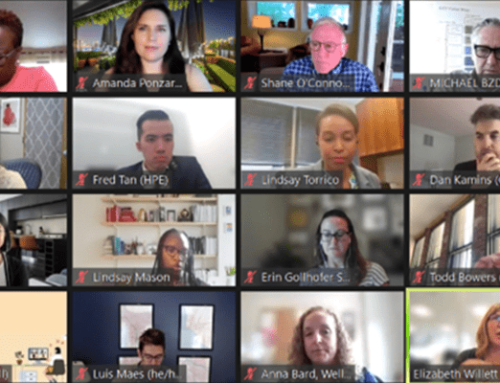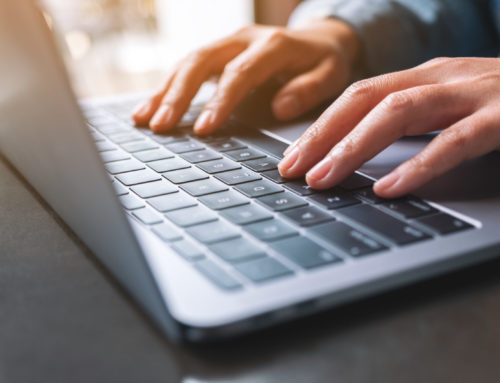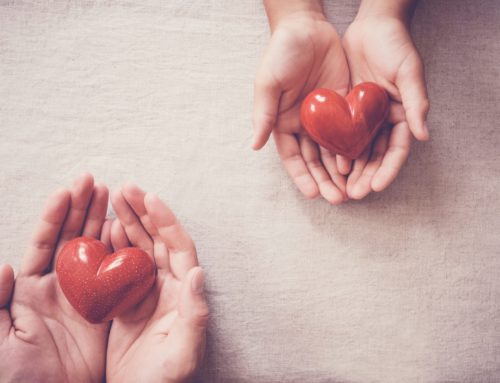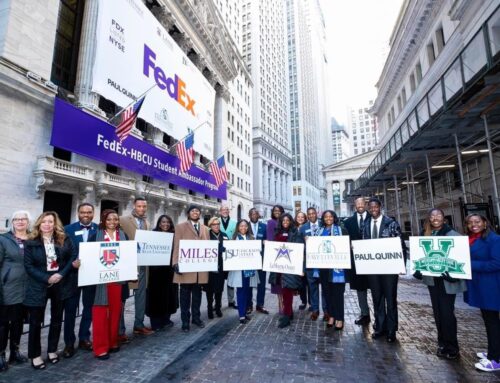Creating Purpose During the Pandemic – Moving from “Me” to “We”
By: Akhtar Badshah, PhD. Chief Catalyst, Catalytic Innovations Group
How “bridging networks” can bring communities together for the common good
The year 2020 has been like no other. I am looking out of my window seeing blue skies and blue water in the Pacific Northwest. The world looks peaceful and calm. However, underneath the surface, our world has been rocked by a pandemic that still rages and the movement for black lives matter and racial equality and social justice continues. These two very extraordinary “movements” have given us a rare chance to reflect upon a common challenge and how deeply we are connected to one another. The COVID-19 pandemic compels us to examine our human behavior and to develop resiliency by building healthy, interdependent systems. Bonding, social sanctuary, and authentic connection have become imperative in this time of need.
Over the last few months, millions of people have applied their sense of connectedness and shared responsibility, moving the focus from “me” to “we,” thereby contributing to our collective well-being. Slowly but surely, we have moved from the survival of self to survival of the community. In what seems to be a never-ending crisis, we are witnessing numerous acts of kindness and altruism from complete strangers. We moved from individual survival to collective empathy; we also became adept working from home and socializing while practicing physical distancing. Strikingly, we have moved rapidly toward compassion and empathy, two ingredients in developing our individual and collective “purpose mindset.”
The British journalist and author George Monbiot’s foretelling of a new political-economic narrative that builds on community rather than on individualism is playing out as we grapple with the pandemic. In Out of the Wreckage: A New Politics in the Age of Crisis, he shows how research in the fields of psychology, anthropology, neuroscience, and evolutionary biology converge to reveal human beings’ outstanding capacity for altruism, ingrained in our DNA through natural selection. The “politics of belonging” he writes about include creating a more participatory democracy, where many important decisions are made at the local level. His idea of inclusive communities based on “bridging networks” (which bring together people from different backgrounds) rather than “bonding networks” (which bring together people from the same group or community) is central to how humanity interacts and works together.[i] The COVID-19 pandemic and the Black Lives Matter movement created just such an opportunity for people to form new bridging networks to help their communities build on altruism and cooperation.
The 100 Million Mask Challenge[ii] is an excellent example of how bridging networks sprung up to help health care professionals secure medical-grade personal protective equipment, which was in short supply due to global demand. The challenge, initiated by the Providence Group of hospitals, invited the community to participate by sewing protective masks. The organizers distributed kits that included medical-grade, lab-tested material to make one hundred masks each. Shortly after this campaign announcement, hundreds with a willing heart, the ability to sew, and a sewing machine, claimed these kits. This overwhelming response continued to grow and morph, enveloping more segments of society in a bridging network designed to make a difference.
In Seattle where I live and work, we are seeing communities and companies contributing to the wellbeing of the community, and in doing so, fostering a sense of hope and purpose. Samir Bodas, cofounder and CEO of Icertis and a Microsoft alumnus, created this bridging network by having employees come together to donate $50,000 to the Alliance for Education to provide twenty to twenty-five thousand meals to school children in need. Shortly after the work from home order was instituted, one of the employee’s spouses – a local school teacher – identified a quick action that could be taken. One impact of school closure is approximately sixty-eight thousand King County children have been without access to school breakfast and lunch programs. The company usually gathers each day to share a company-funded meal, but as the company’s employees shifted to remote work, there was no need to buy these meals. The leadership decided to support the community and extend the common good.
Icertis is one example of the thousands of companies and individuals supporting their communities. Large and small companies instituted work-from-home policies, and in many cases, companies like Microsoft committed to paying all its support staff while the campus was closed. Young Investment Company announced it was forgoing rent for April so restaurants could pay their employees instead.[iii]
In the Seattle area, Seattle Foundation launched the COVID-19 response fund, which is a coalition of philanthropy, government, and business partners, to rapidly deploy resources to community-based organizations at the frontlines of the outbreak in the Puget Sound region. The initial goal was $10 million, but by March 30 the fund raised $16 million and so far has galvanized a total of $28.8 million, including $700,000 in online gifts from more than three thousand individual donors.[iv] By the end of March, $10.1 million has already been distributed to 120 nonprofits; and in mid-June phase 2 grants of 9.2 million to 220 nonprofits and coalitions have been deployed.
Microsoft also launched a multipronged effort to support and invest in the COVID-19 response. They immediately donated $1 million for the Seattle Foundation’s COVID-19 Response Fund, and many of Microsoft’s employees and senior executives have participated individually to support the COVID-19 fund. In addition, to help address the impact of COVID-19 worldwide, the company launched a new Microsoft Give Together Global Employee Giving Campaign. Microsoft Philanthropies implemented an employee global giving program over three months from April to June 2020, which included the opportunity to match up to $10,000 per employee to eligible nonprofits. This match benefit was in addition to any existing match benefits. In less than three months, the effort has raised over $42.8M, which includes a dollar-for-dollar company match to more than ten thousand nonprofits in 76 countries. Microsoft also recently launched an initiative to help 25 million people worldwide acquire digital skills that are needed in a virtual, COVID-19 economy. Microsoft committed $20 million in financial grants, plus technical support, to nonprofit organizations around the world and is providing a range of tools, training, and certifications to millions of people worldwide in multiple languages.[v]
Tableau Foundation has also mobilized its employees and technology to support communities and organizations affected by the crisis. They set up two funds for employees to contribute funding with a double match from Tableau:
- Global COVID-19 Response Fund supports front-line health workers around the world.
- Seattle Foundation Coronavirus Response Fund supports people disproportionately affected by the outbreak in the Seattle area.
In addition, a $1.4 million fund to support nonprofit partners through the crisis was established. They are supporting their partner organizations in everything from pivoting their business model to enabling remote work to other financial concerns that arise. An example is FareStart, a Seattle-based nonprofit that provides job training to people with barriers to employment—homelessness, criminal justice system involvement, past unemployment—and helps them enter the food service industry. Like all organizations in the food service industry, they have been hard hit by the outbreak. At their restaurant near downtown Seattle, just blocks from Amazon’s headquarters, foot traffic dwindled practically overnight as the news of the virus intensified. The same thing happened at their two cafes around the city. Orders placed through their popular catering service ground to a halt. With grant funding from Tableau Foundation, FareStart partnered with Plymouth Housing to provide daily meals to their 265 residents.[vi]
Another example is T-Mobile, which has worked to get kids connected, as many schools have moved online. In March and April, the new T-Mobile COVID response program connected nearly 800,000 students across 1,600 school districts across the country.With the merger of T-Mobile and Sprint, the company announced the roll out of Project 10Million which is designed to help reduce the technology accessibility gap for millions of kids by providing essential tools such as internet access, WIFI hotspots and access to WIFI enabled devices to household in need. This $10 billion investment over the next five years will deliver free internet access to 10 million households around the U.S. and Puerto Rico.[vii]
Amazon has also led in the COVID-19 response. The company has put its disaster relief expertise to donate delivery services to get food to those most in need. Leveraging its network of Amazon Flex drivers and other delivery partners, Amazon has delivered more than 6 million meals from food banks and school district kitchens in more than 30 cities around the world. The company plans to deliver a million more meals through the end of summer. In Seattle, Amazon Flex drivers are delivering meals prepared by Seattle Public Schools (SPS) Nutrition Services to homes of students who are medically fragile and have disabilities; about 390 families are participating in this program.[viii]
Amazon joined other companies and individuals and contributed $1 million to the Seattle Foundation’s COVID-19 Response Fund. The company was also the presenting sponsor for All in WA: A Concert for the COVID-19 Relief, which was initiated by First Lady of Washington Trudi Inslee. Amazon provided $10 million in cash and in-kind through presenting sponsorship, production, and marketing support.[ix] Another effort is the Amazon Web Services (AWS) Diagnostic Development Initiative—a global program to accelerate COVID-19 diagnostic research, innovation, and testing with an initial $20 million investment of AWS credit and other support.[x]
Starbucks Foundation also joined in support of the Seattle Foundation’s COVID-19 Response Fund and launched an effort to strengthen humanity and uplifting communities. The Foundation has contributed more than $8.5 million in response to COVID-19, investing in emergency assistance to those in need and helping build a path towards recovery and resilience. They have focused global response efforts, coffee and tea growing communities impacted, hunger relief, front-line responders, and vulnerable communities. In Seattle, several organizations have received support including The Plate Fund which was launched by Starbucks founder Howard Schultz and the Schultz Family Foundation, to provide financial assistance to restaurant workers who have been hardest hit in King County, Washington.[xi]
These and many other efforts build a collective sense of purpose and create bridging networks to help us find our way out of the COVID-19 pandemic. This collective sense of purpose is the bridge by which complete strangers are coming together for the well-being of humanity. What I hope will happen is that our collective sense of purpose will eventually create a new vocabulary of how we think about the role we all play to extend the common good.
[i] https://www.socialcapitalresearch.com/difference-bonding-bridging-social-capital/
[ii] https://www.providence.org/lp/100m-masks
[iii] https://www.kait8.com/2020/03/18/property-owner-tells-restaurants-pay-employees-instead-rent/?fbclid=IwAR3YXye_5nmncI8TqG2ti8ofSVMYTy0L-y57OVJTO8fKIvhuoCC3NexjCoM
[iv] https://www.seattlefoundation.org/communityimpact/civic-leadership/covid-19-response-fund
[v] https://blogs.microsoft.com/blog/2020/06/30/microsoft-launches-initiative-to-help-25-million-people-worldwide-acquire-the-digital-skills-needed-in-a-covid-19-economy/
[vi] https://www.tableau.com/about/blog/2020/3/how-seattle-nonprofit-making-difference-during-covid-19-outbreak
[vii] https://www.t-mobile.com/news/network/closing-the-homework-gap-project-10million
[viii] https://www.seattletimes.com/business/amazon/amazon-helping-deliver-food-to-students-in-need-as-part-of-response-to-everyday-disaster-of-pandemic/
[ix] https://blog.aboutamazon.com/community/all-in-wa-virtual-concert-to-raise-funds-for-those-affected-by-the-covid-19-pandemic
[x] https://blog.aboutamazon.com/innovation/aws-launches-initiative-to-accelerate-covid-19-diagnostics-research-and-testing
[xi] https://stories.starbucks.com/press/2020/the-starbucks-foundation-supporting-community-response-and-resilience-during-covid-19/

Akhtar Badshah , Chief Catalyst at Catalytic Innovators Group
Akhtar Badshah is a seasoned executive with over 30 years of experience in international development, managing a corporate philanthropic program and co-founding a global nonprofit for social enterprise. Dr. Badshah is Chief Catalyst at Catalytic Innovators Group where they are advising individuals and organizations to catalyze their social and philanthropic investments. Dr. Badshah is the Distinguished Practitioner at University of Washington at the Evans School of Public Policy & Governance and at the Business School, Bothell campus. He is the founder and curator of Accelerating Social Transformation, a mid-career professional development certificate course on social impact. Dr. Badshah led Microsoft’s philanthropic efforts for ten years, where he administered the company’s community investment and employee contributions. He was instrumental in launching both Unlimited Potential and Youth Spark – the company’s focus to bring digital technology to the underserved communities and youth all over the world. His forthcoming book is titled Purpose Mindset: How Microsoft Inspires its Employees and Alumni to Change the World, Harper Collins Leadership Series, Nov 2020. Dr. Badshah serves on the boards of Microsoft Alumni Network, Global Washington (Chair) and The Indus Entrepreneurs, Seattle. He is an accomplished artist and a doctoral graduate of the Massachusetts Institute of Technology. Dr. Badshah and family are very active philanthropist in the Seattle area.
